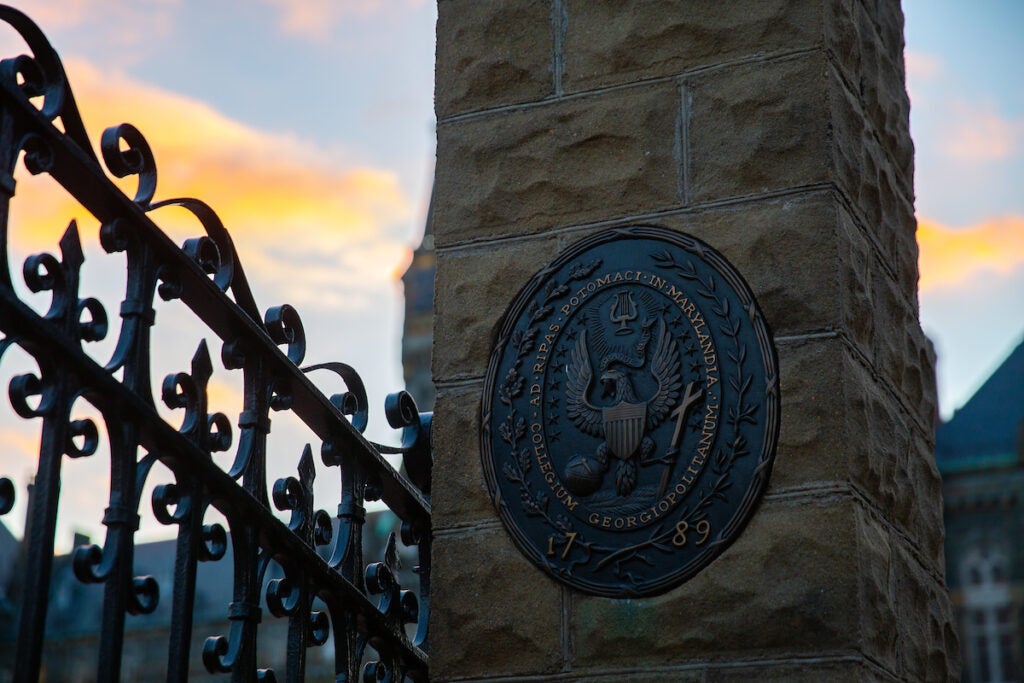Faculty and TA’s Guide to the Honor Policy



Preventing Honor Code Violations:
Faculty and TA’s should ensure that their courses emphasize academic integrity and explicitly outline student expectations regarding the honor system from the outset. By setting these expectations early on, they can help prevent honor code violations and ensure that all students complete their coursework with integrity.
To engage in dialogue about ways to design courses and assignments in order to reduce and prevent plagiarism and cheating, we partner with CNDLS on these issues and encourage everyone involved in teaching to review their resources and seek their advice. Please feel free to offer us your suggestions on how to keep Honor System violations at a minimum.
Teaching with AI:
There is no university-wide policy on the use of AI in coursework thus, it is up to individual instructors to determine their own policies. Faculty members and TA’s should clearly communicate their AI policies to students at the beginning of the course, ideally including them in the syllabus. For further guidance, faculty and TA’s should refer to Teaching with AI, developed by CNDLS.
How to Use Turnitin:
Basic Information:
Georgetown has a license with Turnitin, a Canvas-integrated service that, among other things, is able to detect possible plagiarism in student work. Once faculty members have set up Turnitin assignments in Canvas, Turnitin automatically searches submitted essays for passages found on the Internet (including pages no longer online), in the ProQuest Research Library, and in all papers previously submitted by users at any member school.
The Honor Council highly recommends that faculty members make regular use of this service. We believe that when applied to all essays submitted in a class, this technology can be a powerful tool to educate and to deter. There are additional features and tools Turnitin has developed regarding grading, peer review, etc. Faculty are encouraged to explore all the Turnitin features.
How to Get Started:
Turnitin can only be used within Canvas, where faculty can set up paper submissions to automatically be vetted by Turnitin. For instructions on using Turnitin in Canvas, see the University Information Services’ (UIS) guide to Turnitin.
Suggestions for Using Turnitin:
- For fairness reasons, the Honor Council recommends that faculty using Turnitin should submit all students’ papers in a course instead of only problematic papers.
- An important part of Georgetown University’s agreement with Turnitin is that the syllabus for each course intending to use Turnitin should carry a notice to students substantially similar to the following:
- Students agree that by taking this course all required papers may be subject to submission for a Textual Similarity Review to Turnitin.com for the detection of plagiarism. All submitted papers will be added as source documents in the Turnitin.com reference database solely for the purpose of detecting plagiarism of such papers in the future. Use of the Turnitin.com service is subject to the terms of use agreement posted on the Turnitin.com site.
- Turnitin’s Originality reports are only the means for detecting textual similarities between compared works and do not determine conclusively the existence of plagiarism. When similarities are found in a paper, faculty must check the student’s paper to ascertain whether such textual similarities are properly referenced.
- An Originality Report is a confidential document, and any disclosure by the faculty member or the Honor Council to any third party is at the Institution’s own risk.
- All papers submitted to Turnitin by Georgetown University and/or its instructors and students shall be retained in the Turnitin.com source database solely for the purpose of using such papers as source material to prevent plagiarism of such papers, except as expressly authorized by students and/or instructors. The agreement will let the University “take down” any paper from the Turnitin.com database if so requested by a student or faculty member. Students and faculty need to provide the paper number(s) to EdTech for each paper that they want removed. Note that removal of papers could decrease the usefulness of the database in the future.